Essential Skills for the Modern Workplace
Whether you call them soft skills, workplace skills, or essential skills, there’s no denying that every great employee needs them.
Designed for any employee who uses email in the workplace, this program reinforces essential skills for professional email etiquette and composition. Special emphasis will be placed on using emotional intelligence to craft audience- and scenario-specific messages.
TOPICS:
I. Preparing To Write Your Email
Students will begin by reviewing the essential questions that must be asked and answered prior to writing an email.
II. Writing – Revising – Sending
Students will next dive into tips, tools, and best practices for writing, reviewing, and revising emails.
III. Simulation Exercises
Using the tools outlined above, students will participate in simulations in which they practice writing the most appropriate email for real-world workplace scenarios, including:
- Sending an urgent request to a very busy co-worker
- Reminding a co-worker of an upcoming deadline
- Letting your boss know that they made a mistake
- Documenting a workplace incident for future reference
- Responding to a last-minute request/delivering bad news
- Responding to an unhappy customer
Schedule
Contact us via email or at 860.932.4005 for schedule information.
In this three-hour workshop, students will learn how to react to changes in the workplace.
Let’s face it: sometimes changes happen to us. For most changes in the workplace, we can’t control it or change it or refuse to accept it. What we can control, however, is our reaction to changes that are imposed upon us. We can choose to resist and to push back which is usually a futile exercise. The alternative is to explore ways to make the changes work for us.
This workshop explores techniques to analyze the impact of change with the goal of finding ways to accept and adapt to the new reality. Workshop discussions will draw on real-life experiences of class participants to devise strategies for dealing with change.
TOPICS
- Analyzing the type of change we are facing
- Examining different theoretical models of reaction to change
- Understanding why we resist change
- Learn techniques that help us manage the stages of change and more quickly adapt to the new environment
In this three-hour workshop, students will learn how to develop a more effective partnership with his/her supervisor.
The relationship between the employee and his/her direct supervisor is one of the most important partnerships in the work environment. A contentious or non-productive relationship can result in a miserable situation, attrition and unnecessary costs. The Managing Upwards workshop will describe how to build and preserve a healthy partnership. Techniques discussed are suitable for all levels in an organization (everyone has a boss) and will also provide valuable insights to those who approach the relationship from the perspective of the supervisor.
TOPICS
- Learning what is Managing Upwards and how it is beneficial to the employee, the supervisor and the organization
- Developing awareness of styles: yours and supervisor’s
- The Do’s and Don’ts of creating alignment with your boss
- Managing your approach to communications
- Managing your supervisor’s perception of you
- Action steps to Manage Upwards effectively
There’s only so much time in the day – learn to maximize every moment in QVCC’s Managing Your Timeworkshop.
In this three-hour workshop, students will create a customized time-management plan to help them deal proactively with everyday tasks while minimizing distractions and expanding their productivity.
TOPICS
- Setting goals and objectives
- Prioritizing tasks
- Juggling multiple priorities
- Dealing with distractions and interruptions
- “Multiplying” your time
- Creating a personalized time-management plan
- Overcoming procrastination
Beginning a new job is a learning process for first-time employees: learning about their organization, their coworkers, and themselves.
This half-day workshop introduces new hires to the dimensions of that learning process and helps them successfully navigate the early stages of their business careers.
TOPICS
- Understanding organizational culture
- Observing business etiquette
- Professional communication skills (social style, listening, telephone, email)
- Working with older generations
- Motivating yourself toward success (emotional intelligence)
- Learning on the job (4 stages of skills development)
Contact Us
Andrew Morrison Director of Business & Industry Services amorrison@qvcc.edu 860.932.4360
Director of Business & Industry Services
amorrison@qvcc.edu
860.932.4360
